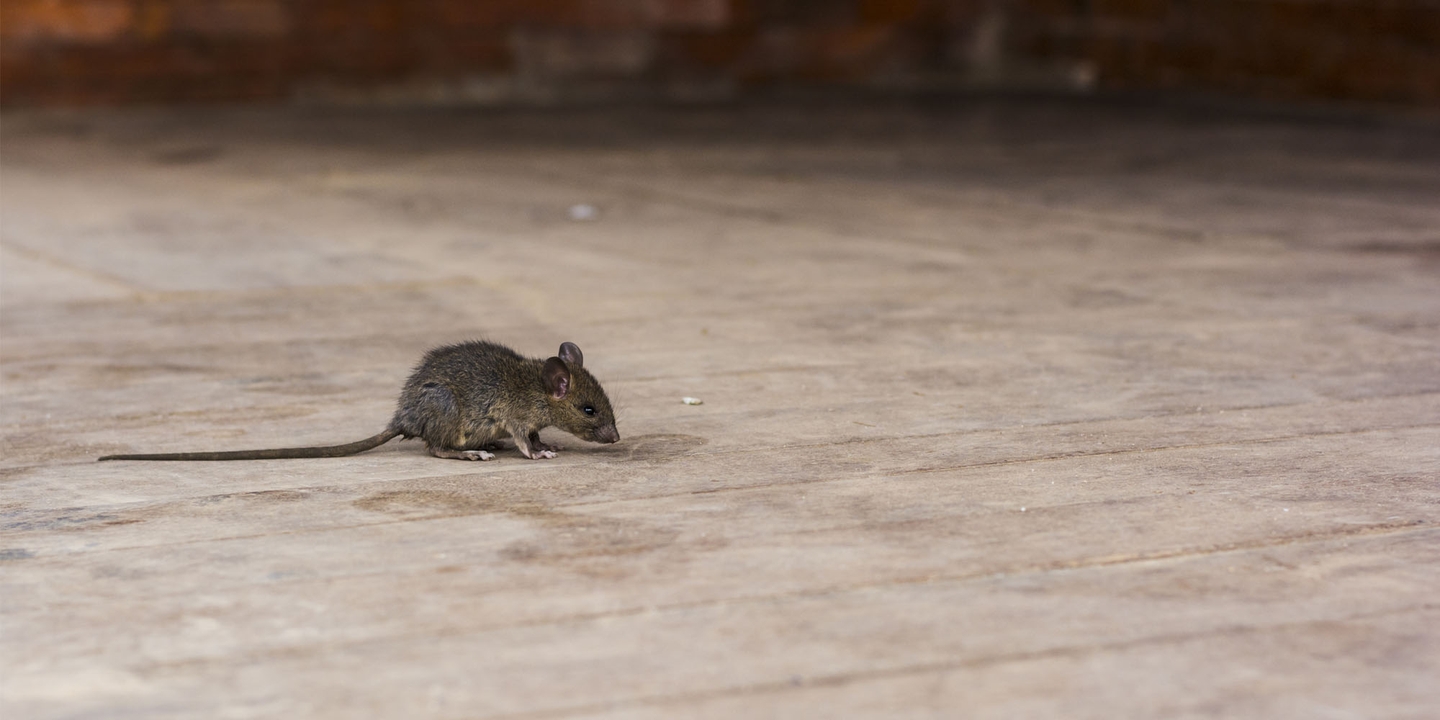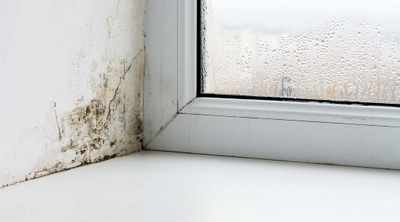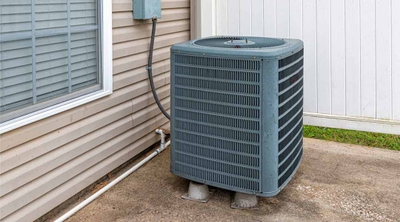Mice infestation signs
4 min read
Mice and rats are a common nuisance encountered by homeowners. According to Orkin, mice and other rodents invade approximately 21 million homes in the U.S. between October and February, seeking food, water, and shelter from the cold. Rodents leave tell-tale signs that are easy to spot if you know what to look for. Whether you're checking your current residence or inspecting a home to purchase, here's how to know if you have mice.
How do you know if you have mice?
Rodents like mice may be small but aren't subtle when making their presence known. Dr. Nancy Troyano, board-certified entomologist at Ehrlich Pest Control, has a few suggestions to find out where mice are coming into the house. "There are a number of common signs of mice and indicators you can look for to help determine if you have a rodent problem in your home," she says. "Droppings are usually the most easily identifiable sign of rodents in any home. Rodents produce a lot of droppings throughout the day, and they're usually found along walls, in cupboards, or under sinks."
Troyano also suggests looking for the following signs of mice in the house:
- Dirty smudges on floors or baseboards
- A distinctive odor, specifically an ammonia-like smell created by rodent urine
- Scratching noises and squeaking sounds in the walls
- Spotting a living or dead rodent during the day
- The presence of nests built out of scraps often behind the fridge or close to food sources
What kind of damage can mice cause?
Sharing your home with mice brings sanitary concerns, but an infestation also has real dangers. NIH studies report that rodents cause millions of dollars of damage each year. According to Svenheim, they do this by "not only contaminating foodstuffs with their droppings and urine, but also all the food they eat and destroy. They can spread many diseases as well, such as hantavirus, leptospirosis, rat-bite fever, and salmonella, to name a few."
However, the threat goes beyond diseases and wasted food. Rodents can cause fires in the home. "Rodents have been blamed for causing many major fires throughout the years by chewing on wiring inside the building or home," Svenheim says.
Rodents, particularly mice, like to chew or gnaw on nearly anything. A rodent infestation can damage valuable items like rare books, paintings, and other artwork if left unchecked. And if rodents chew holes through your walls, it provides an entry point for other pests.
How many mice is considered an infestation?
Even if you only see one mouse, if there's another one around, it won't be long before you see mice infestation signs. Bob Vila reports that a female mouse can produce a litter of at least six mice every 20 days, which adds up to about 127 mice in about five months if left unchecked.
How long does it take to get rid of a mice infestation?
According to Architectural Digest, clearing up your mice infestation can take two weeks to three months, depending on the level. Larger infestations take longer to handle than smaller ones.
Can I remove a rodent infestation myself, or should I hire a professional?
Whether you can remove a rodent infestation yourself or hire a pro depends on the extent of the infestation you're dealing with. If you only see the occasional mouse dropping, a mouse may have sought shelter in your house during a cold snap. Placing a few mouse traps may solve your issue. While homeowners insurance does not cover rodent damage, there are preventative measures you can take when you see an infestation.
However, if you're seeing clear signs of infestation and it's getting out of hand, it's time to call in reinforcements. Hiring a professional pest control company is more cost-effective and efficient than removing rodents on your own. While traps might remove a few rodents at a time for a temporary fix, a professional extermination company can identify the heaviest points of infestation, apply effective treatments, and remove any signs of infestation after the fact.






